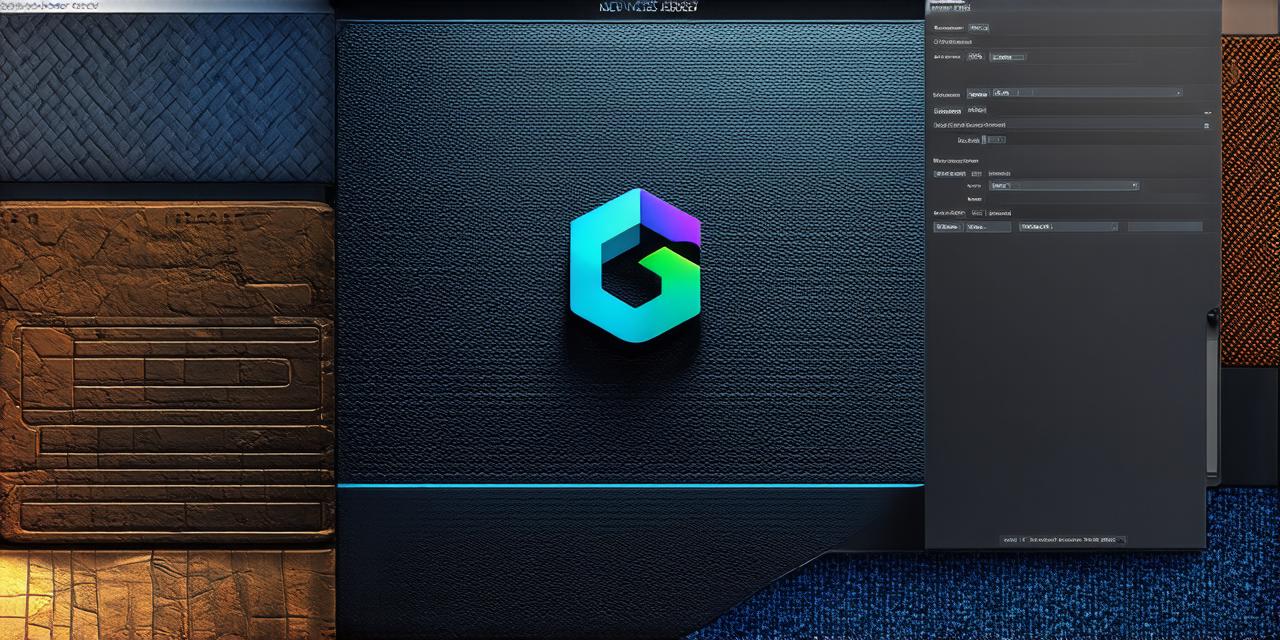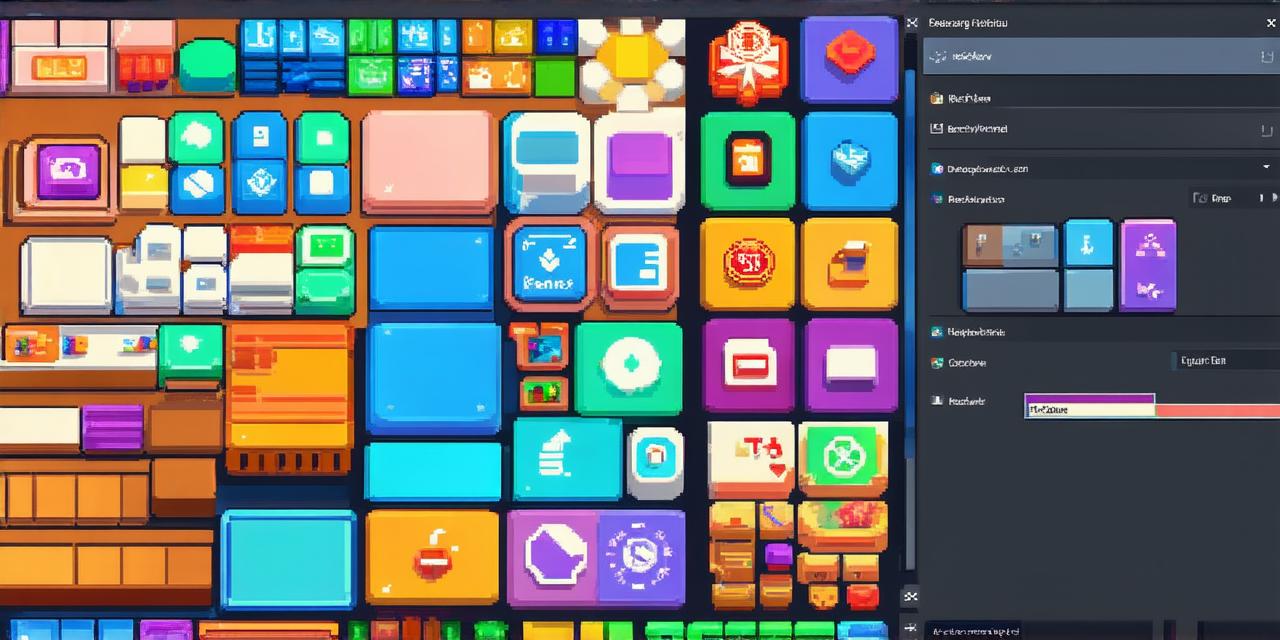Unity vs Unreal Engine: A Comprehensive Comparison
When it comes to choosing between Unity and Unreal Engine, there are several factors that you should consider. These include the game engine’s performance, development tools, community support, and compatibility with different platforms.
Performance:
One of the main differences between Unity and Unreal Engine is their performance. Unity has a reputation for being more lightweight than Unreal Engine, which makes it easier to develop games on lower-end hardware. However, Unreal Engine has been making significant improvements in recent years, and it now offers better performance on high-end systems.
Development Tools:
Another important factor to consider when choosing between Unity and Unreal Engine is the development tools they offer. Unity has a more user-friendly interface that makes it easier for beginners to get started with game development. It also offers a wide range of pre-made assets and templates, which can save developers a lot of time and effort.
Unreal Engine, on the other hand, has a more advanced set of tools that are better suited for experienced developers. These include advanced scripting features, a powerful physics engine, and support for real-time rendering. However, these features can also be overwhelming for beginners, and may require more time to master.
Community Support:
The community support for Unity and Unreal Engine is also an important factor to consider. Unity has a large and active community of developers who are always willing to help out newcomers. It also offers a wide range of resources, including tutorials, forums, and documentation, which can be accessed online.
Unreal Engine, on the other hand, has a more specialized community that is focused on high-end game development. This may make it more difficult for beginners to find support, but it also means that there are more experienced developers available to help if you need it.
Compatibility:
Finally, compatibility is another important factor to consider when choosing between Unity and Unreal Engine. Unity supports a wide range of platforms, including Windows, Mac, iOS, Android, and web browsers. This makes it easy for developers to create games that can run on multiple devices.
Unreal Engine, on the other hand, is primarily designed for high-end gaming systems, such as PCs and consoles. While it is possible to develop games for mobile devices using Unreal Engine, this requires additional setup and configuration.
Case Studies:
To help you make an informed decision about which game engine to learn, it can be helpful to look at real-world examples of projects that have been developed using Unity and Unreal Engine. For instance, Unity has been used to develop a wide range of games, including “PUBG,” “Assassin’s Creed Valhalla,” and “LittleBigPlanet.” It has also been used for educational purposes, such as creating interactive simulations for science and history classes.
Unreal Engine, on the other hand, has been used to develop some of the most visually stunning games on the market, including “Fortnite,” “The Last of Us Part II,” and “Cyberpunk 2077.” It has also been used for virtual reality experiences and interactive installations in museums and galleries.

Personal Experiences:
As a Unity developer myself, I can attest to the ease of use and versatility of this game engine. It allows me to create games for multiple platforms with relative ease, and its extensive library of pre-made assets and templates saves me a lot of time and effort.




